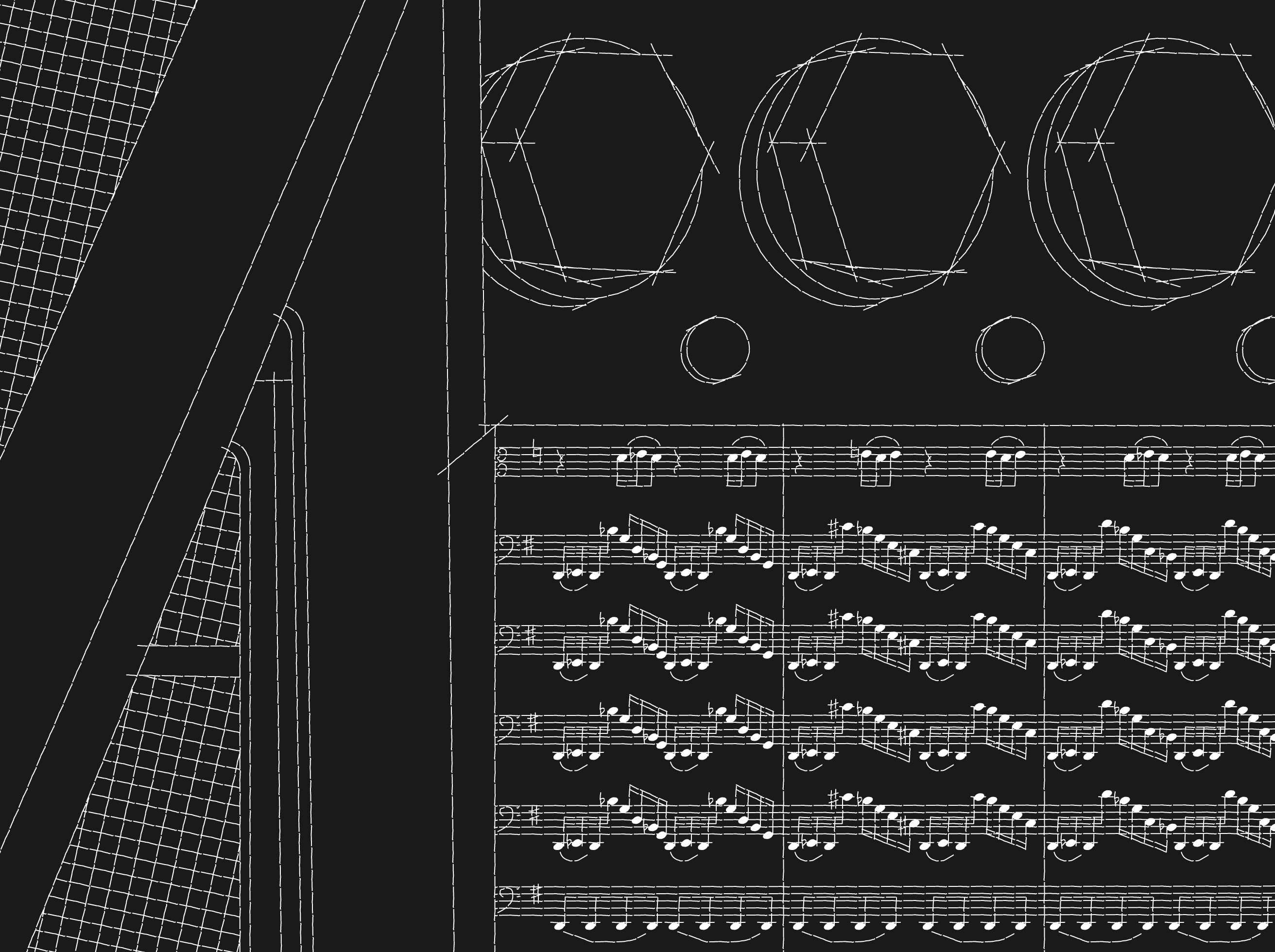Works by Bach, Rebel, and Ekimovsky, as well as the premiere performance of Stravinsky’s “Ballet in two tableaux for string orchestra.”
The Doctrine of the Affections
- Date:
10 Nov 2023
- Age restrictions
- 12+
Programme
Johann Sebastian Bach (1685–1750)
Brandenburg Concerto No. 3 in G major BWV 1048 (1721)
I. Allegro
II. Adagio
III. Allegro
Victor Ekimovsky (b. 1947)
Brandenburg Concerto (Composition 28) (1979)
for chamber orchestra
I. Allegro
II. Adagio
III. Allegro
Jean-Fery Rebel (1666–1747)
Characters of the Dance (1715)
Igor Stravinsky (1882–1971)
Apollo Musagete (1928)
Ballet in two tableaux for string orchestra
First tableau
Prologue: The Birth of Apollo
Second tableau
Variation of Apollo
Pas d’action
Variation of Calliope
Variation of Polyhymnia
Variation of Terpsichore
Second Variation of Apollo
Pas de deux
Coda
Apotheosis
Growing up at the French court, Jean-Féry Rebel stunned Louis XIV and Jean-Baptiste Lully with his violin playing. His “Characters of Dance” was a showcase of ballet fashions of 1715, in which the ballet dancers of the reign of the Sun King shone. 203 years later, the string orchestra of Igor Stravinsky’s Apollo Musagète would recall the legendary ensemble of Les Vingt-quatre Violons du Roi (“The King’s 24 Violin-Family Instruments”): Stravinsky’s work is a classical ballet that keeps to all the traditional choreographic forms but compresses them into forty minutes of notes. Both works are X-ray shots of the balletic art of their times and odes in its honour. Apollo at once pays homage to the French baroque tradition of the eighteenth century and runs it through the filter of the avant-garde of the beginning of the twentieth century. For the first time in Russia, the Pratum Integrum Orchestra will perform this “ballet in two tableaux for string orchestra” on historic instruments, neutralising Stravinsky’s nostalgia for the golden age of European music and revealing the modernist nature of this neoclassical masterpiece.

Performed by
Pratum Integrum Orchestra
Sergey Filchenko artistic director
Ivan Khudyakov-Vedenyapin conductor
Sergey Kochetkov sound engineer
Illustration: Masha Bazilevskaya
"Almost all the music of Apollo reveals an aspiration to weave new fabrics from old threads“—this remark of the musicologist Boris Asafyev accurately underlines the essence of the artistic strategy of “refitting old ships” invented by Stravinsky. Work with familiar artistic models and their interpretations, play with the musical tradition, with the universal mechanisms of culture, appropriated then put together again anew—this strategy, formulated and subsequently realised by Stravinsky, would immediately influence the development of a number of generations of contemporary Russian composers.
In Viktor Ekimovsky’s Composition 28, Johan Sebastian Bach’s cycle of six Brandenburg Concertos, a monument to orchestral music, becomes the object of deconstruction. Developing Stravinsky’s method of “refitting old ships” in its own way, Ekimovsky’s Brandenburg Concert bears little resemblance to Stravinsky’s "game of the baroque“—as the composer Boris Filanovsky sharply observes, “the difference between them is roughly the same, as that between an artist who uses the technique of etching, and one who cuts and pastes etchings by Rembrandt—or copies them, but all at once.”
Pratum Integrum is an orchestra that performs on period instruments. It was founded in Moscow in 2003. The Latin name translates as “unmown meadow” and refers to the fresh-sounding but still obscure baroque and classical compositions which form the core of the orchestra’s repertoire. The orchestra has given Russian premiere performances of more than two hundred compositions that span a variety of genres, from sonatas and concertos to operas and cantatas. These included premieres of Georg Gebel’s Johannes Passion, Lully’s Les Saisons and Yevstigney Fomin’s Orfeo ed Euridice (the latter with the Russian Horn Orchestra).The orchestra has performed under the direction of renowned masters of historical performance—Trevor Pinnock, Peter Neumann, Stefano Montanari and Reinhard Goebel, Robert Hollingworth and Vaclav Luks. The orchestra’s musicians are frequent participants in the Pushkin Museum’s December Evenings and in major international festivals— notably “Days of Ancient Music” in Regensburg and Musica Antiqua in Bruges. The orchestra has given concerts in Magdeburg, Saint Petersburg, Gdansk, Amsterdam, and Utrecht. In 2011, Pratum Integrum received the prestigious German music critics’ award Preis der deutschen Schallplattenkritik.
Ivan Khudyakov-Vedenyapin (b. 1998, Saint Petersburg) is a conductor. He graduated from the Saint Petersburg Choral School named after M. I. Glinka (2017) and the Saint Petersburg Conservatory (2022) in opera and symphony conducting. He has taken part in master classes by Vladimir Fedoseev, Yuri Simonov, Teodor Currentzis, Fabio Mastrangelo, and Denis Vlasenko. Khudyakov-Vedenyapin collaborates with the symphony orchestras of the Volgograd and Ulyanovsk Philharmonic. He as been a/the conductor of the Perm Opera since 2021.